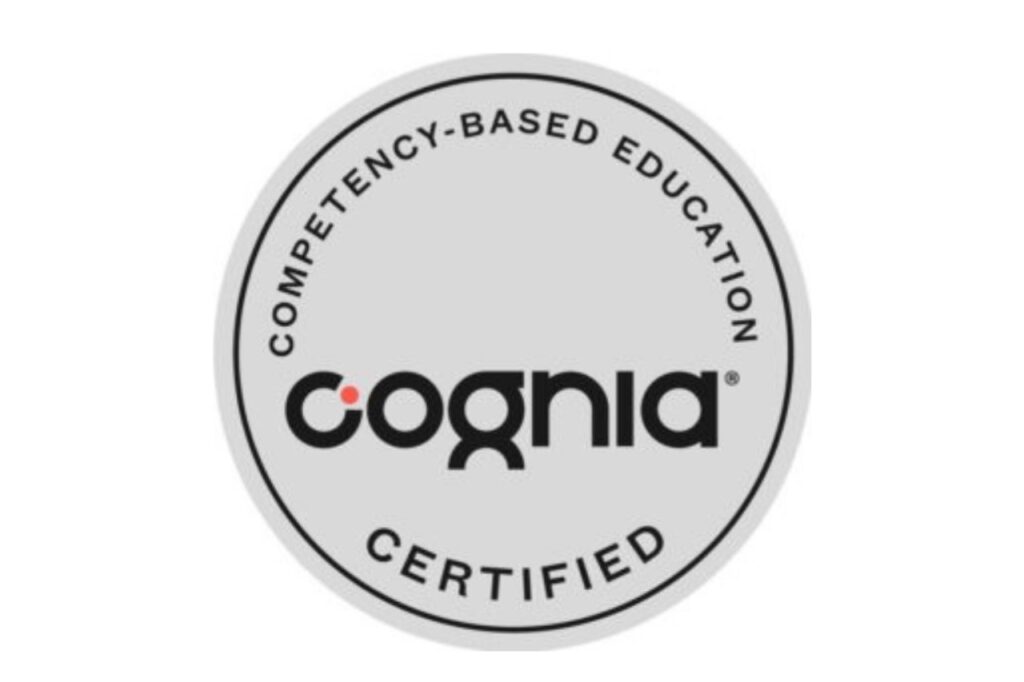In an Islamic elementary school, fostering self-esteem and confidence in children is paramount. Nurturing a strong sense of self-worth and confidence not only helps children thrive academically but also allows them to develop a positive Islamic identity. This article explores seven effective strategies for building a child’s self-esteem and confidence in an Islamic school, specifically focusing on the context of an Islamic school in Dallas, Texas.

Promoting Islamic Values:
At an Islamic school in Dallas, Texas, one of the fundamental ways to build a child’s self-esteem is by promoting Islamic values. Incorporating teachings from the Quran and Sunnah, such as compassion, honesty, and respect, helps children develop a sense of purpose and moral grounding, leading to increased self-confidence.
Providing a Supportive Environment:
Creating a nurturing and supportive environment is essential for children to develop confidence. Islamic schools in Texas strive to create a safe space where students feel valued and respected. Teachers and staff play a crucial role in fostering positive relationships, providing emotional support, and celebrating each child’s unique abilities.
Encouraging Active Learning:
Engaging students in active learning experiences boosts their self-esteem and confidence. Islamic schools in Dallas employ interactive teaching methods that encourage students to participate actively in the learning process. Hands-on activities, group discussions, and project-based learning allow children to explore their interests, develop skills, and gain confidence in their abilities.
Offering Opportunities for Leadership:
Islamic schools recognize the importance of leadership development in nurturing self-esteem and confidence. Providing students with various leadership opportunities, such as student councils, clubs, or community service projects, empowers them to take responsibility, make decisions, and contribute positively to their school and community.
Celebrating Achievements:
Acknowledging and celebrating a child’s achievements is crucial for building self-esteem. Islamic schools in Texas ensure that students’ accomplishments, whether academic, social, or personal, are recognized and celebrated. Appreciation assemblies, certificates of achievement, and public recognition help instill a sense of pride and confidence in children.
Encouraging Personal Growth:
Islamic schools emphasize holistic development, nurturing not only academic excellence but also personal growth. Encouraging children to set goals, pursue their passions, and overcome challenges builds resilience and self-confidence. By providing opportunities for students to engage in extracurricular activities such as sports, arts, and community service, Islamic schools in Dallas foster well-rounded individuals with a strong sense of self-esteem.
Building a Sense of Belonging:
Creating a sense of belonging is crucial for children’s self-esteem. Islamic schools strive to cultivate a supportive and inclusive community where every student feels valued and accepted. By organizing events, assemblies, and programs that promote unity, collaboration, and cultural appreciation, Islamic schools in Texas foster a sense of belonging and strengthen students’ self-confidence.
Conclusion:
In an Islamic elementary school, nurturing self-esteem and confidence in children is a top priority. By incorporating Islamic values, providing a supportive environment, encouraging active learning, offering leadership opportunities, celebrating achievements, fostering personal growth, and building a sense of belonging, Islamic schools in Dallas, Texas, play a vital role in shaping confident and empowered individuals with a strong Islamic identity. Through these effective strategies, children can develop a positive self-image, navigate challenges, and thrive both academically and spiritually.




